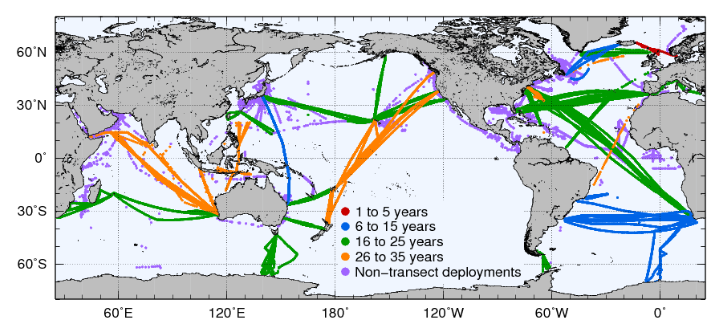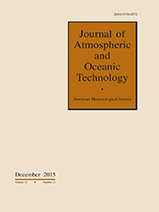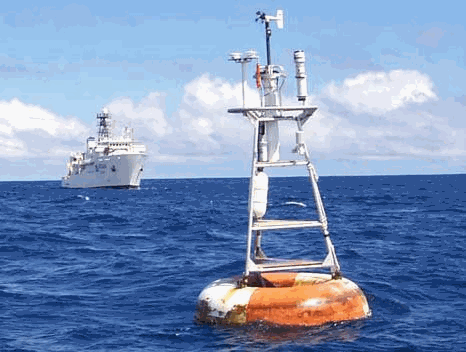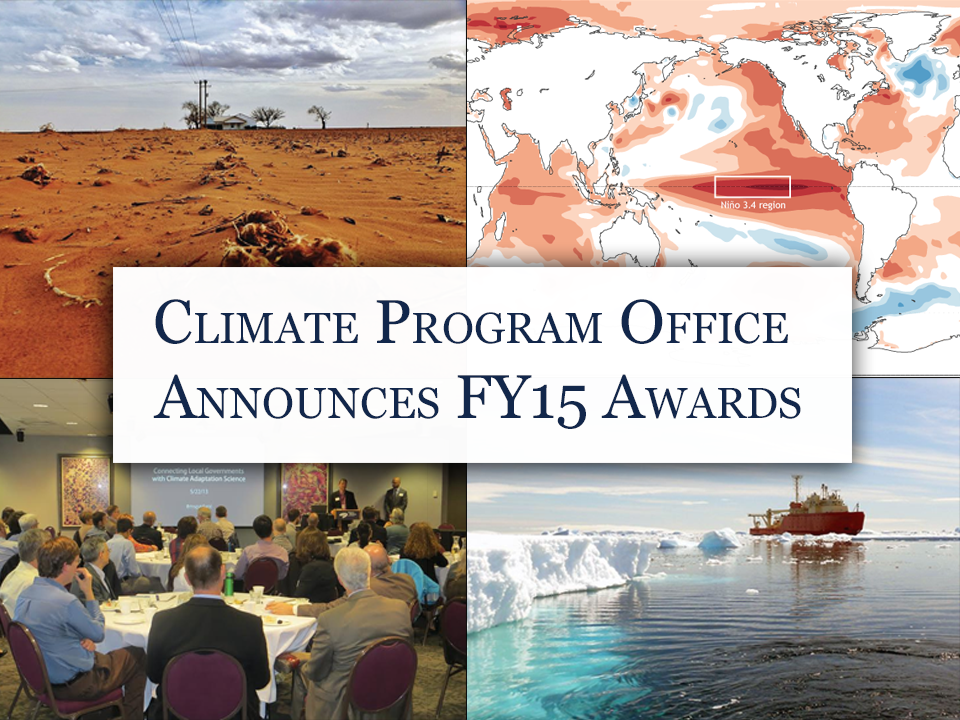CPO-funded researcher attends Meteorological Conference in Havana, Cuba
Sandy Delgado, a CIMAS Research Associate the National Hurricane Center funded through the Climate Program Office’s Climate Monitoring Program, had the opportunity to visit Cuba as a participant in the VIII Cuban Congress of Meteorology in Havana.
CPO-funded researcher attends Meteorological Conference in Havana, Cuba Read More »









